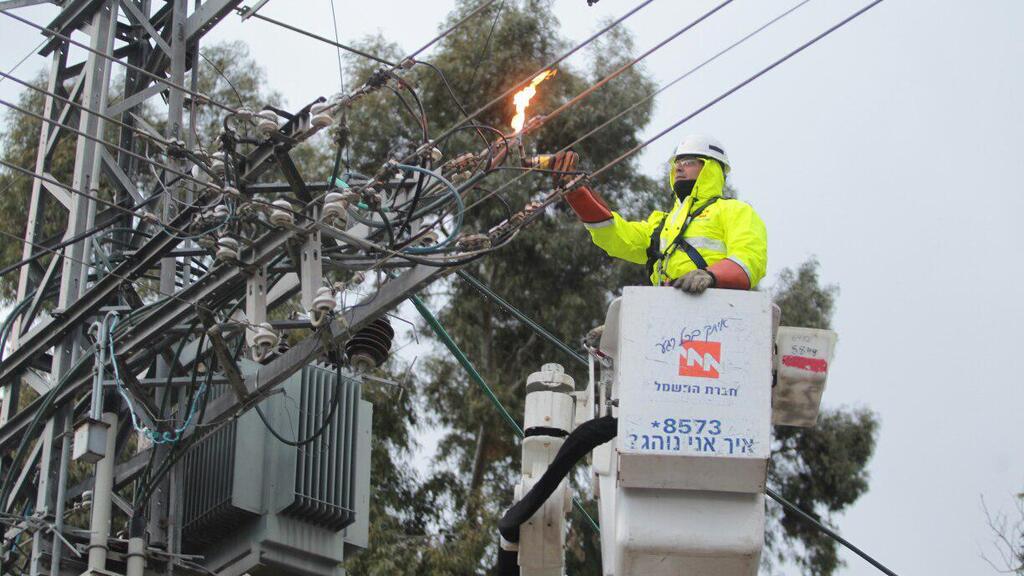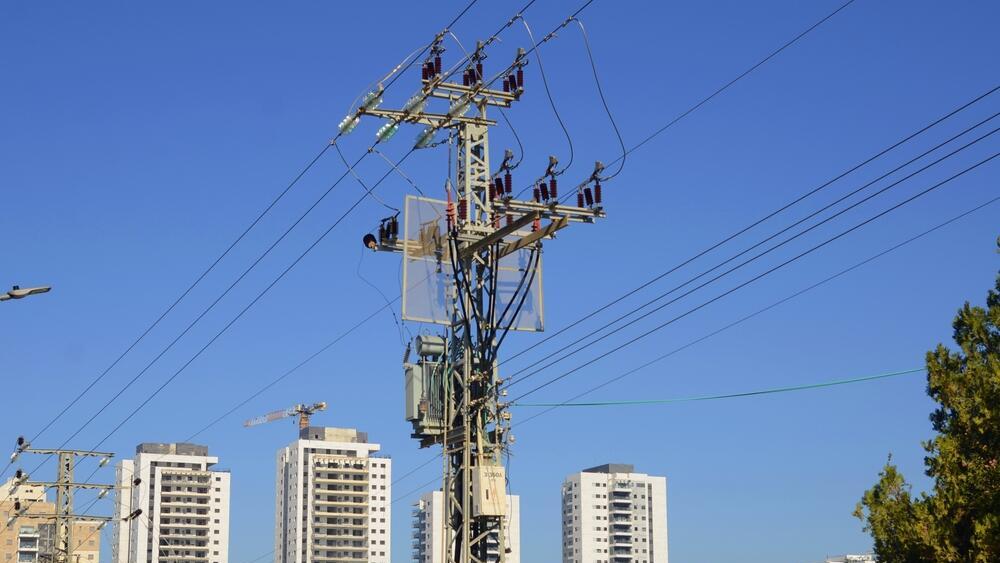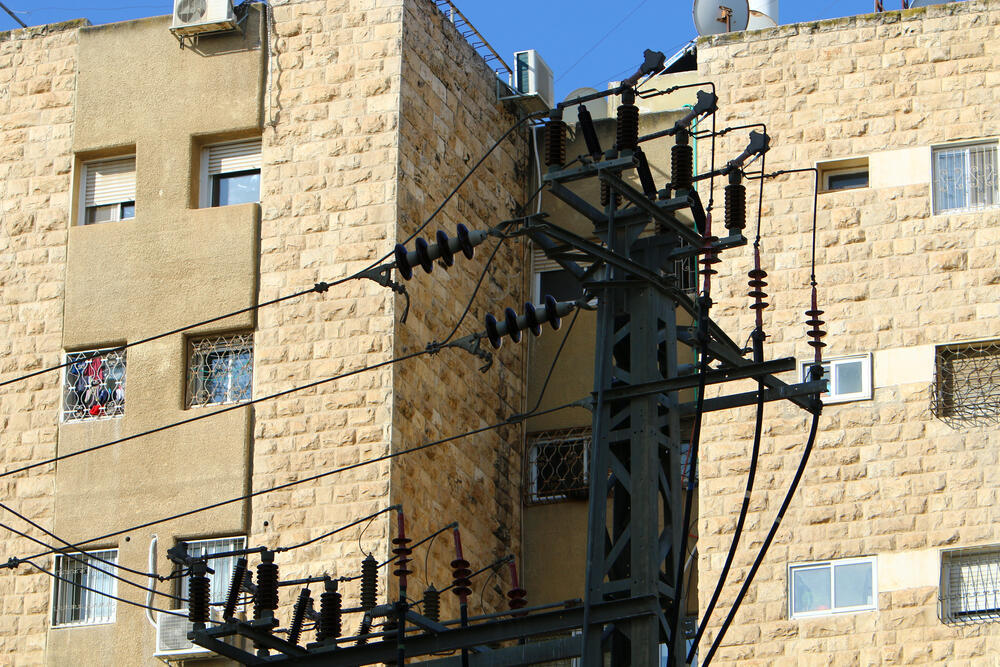The government on Sunday approved the first stage of its National Action Plan on Climate Change, which will allow Israel Electric Corporation - the largest supplier of electrical power in Israel - to establish a pilot "kosher electricity" facility.
The decision came in response to demands of ultra-Orthodox parties to supply power that is produced without violating religious law and is seen as a gesture to them after some of their other demands agreed upon in the coalition deals, have been shelved due to political backlash.
Dr. Amit Mor - CEO of EcoEnergy, a strategic economic advisor, and a senior lecturer at Reichman University - explained in an interview with Ynet what exactly this means and why it's necessary.
"For the ultra-Orthodox community, it has been very important for decades to consume electricity during Shabbat and on Jewish holidays that is not produced in power stations where Jews work. In other words, generators operated by 'Shabbos goy,' who are usually members of the Arab population," Dr. Mor said.
"If you wander around ultra-Orthodox neighborhoods on Shabbat, you can hear the noise of diesel engines. They burn very expensive, very polluting, and smelly diesel. And more importantly, are very dangerous. It's a sloppy way of doing things, with connections of illegal electricity lines from the generators, through the electricity poles and into the apartments, or from apartment to apartment. Children are electrocuted and burned, it's a terrible problem.
"For the past 30-40 years, they have been paying for the kosher and problematic electricity at a rate that is about three to four times higher than what we pay. Instead of paying half a shekel per kilowatt, they are paying three to four shekels. There is a solution to this: a battery the size of a container that functions as a massive battery so that when Shabbat starts, it is possible to disconnect the neighborhood from the power grid, provide residents with electricity from the battery until the end of Shabbat, and peace be upon Israel. I support this. It is a real problem, the question is who will pay for it.
"To this day, for decades, various ultra-Orthodox and other companies have set up generators and they pay for them, with all the problematic aspects. This problem needs to be addressed - no matter what your opinion or my opinion is on the importance of kosher electricity, it is important to those communities.
The cost of such a battery, if we're talking about a neighborhood in Bnei Brak, for example, is close to a billion or two billion shekel. If we're talking about an entire city like Bnei Brak, it's tens of billions of shekels, and if we're talking about the entire ultra-Orthodox community in Israel - it's hundreds of billions of shekels."
However, Dr. Mor emphasized that "according to the coalition agreement between Likud and Degel HaTorah [part of the United Torah Judaism alliance], which is being discussed in the government today, the government will only fund a pilot of a few hundred million shekels. That's the proposal, and I assume it ultimately won't pass, but the electricity company will still go through with it. If the electric company establishes it, it immediately rolls into the electricity tariff that we all pay. In the end, even if the electric company sells this battery one day, it's a cost that we - the public - have to bear."
According to him, "There are two options: either the electric company establishes it, and then the electricity authority produces a regulation very quickly that sets a tariff for them to pay, or the private sector does it and then it's even simpler. There is a contract between the consumer and the manufacturer, and he will pay three to four times more, and in central Israel, it will be cheaper and faster, and this is the right solution and no other solution will happen.
"The Israel Electric Corporation is being dragged into politics - this turns a very important technical issue for the ultra-Orthodox public into a topic that currently fuels the protest ... Let's solve the problem and move forward professionally," Dr. Mor declared.
The Energy Ministry issued a statement with the approval of the decision, saying "the pilot will allow the market and regulators to actually examine the technological feasibility and the mechanism required in the distribution network for the operation of 'kosher electricity.' In order to ensure competition in the economy, the Israel Electric Corporation will sell the facility it will set up under the pilot to the private market sector within three years.
"According to the decision, which is based on the opinions of all the professional bodies, the electricity authority will formulate the broad regulation for 'kosher electricity' and the pilot of the electricity company, so that there will be no increase in the cost of electricity for the general public."




